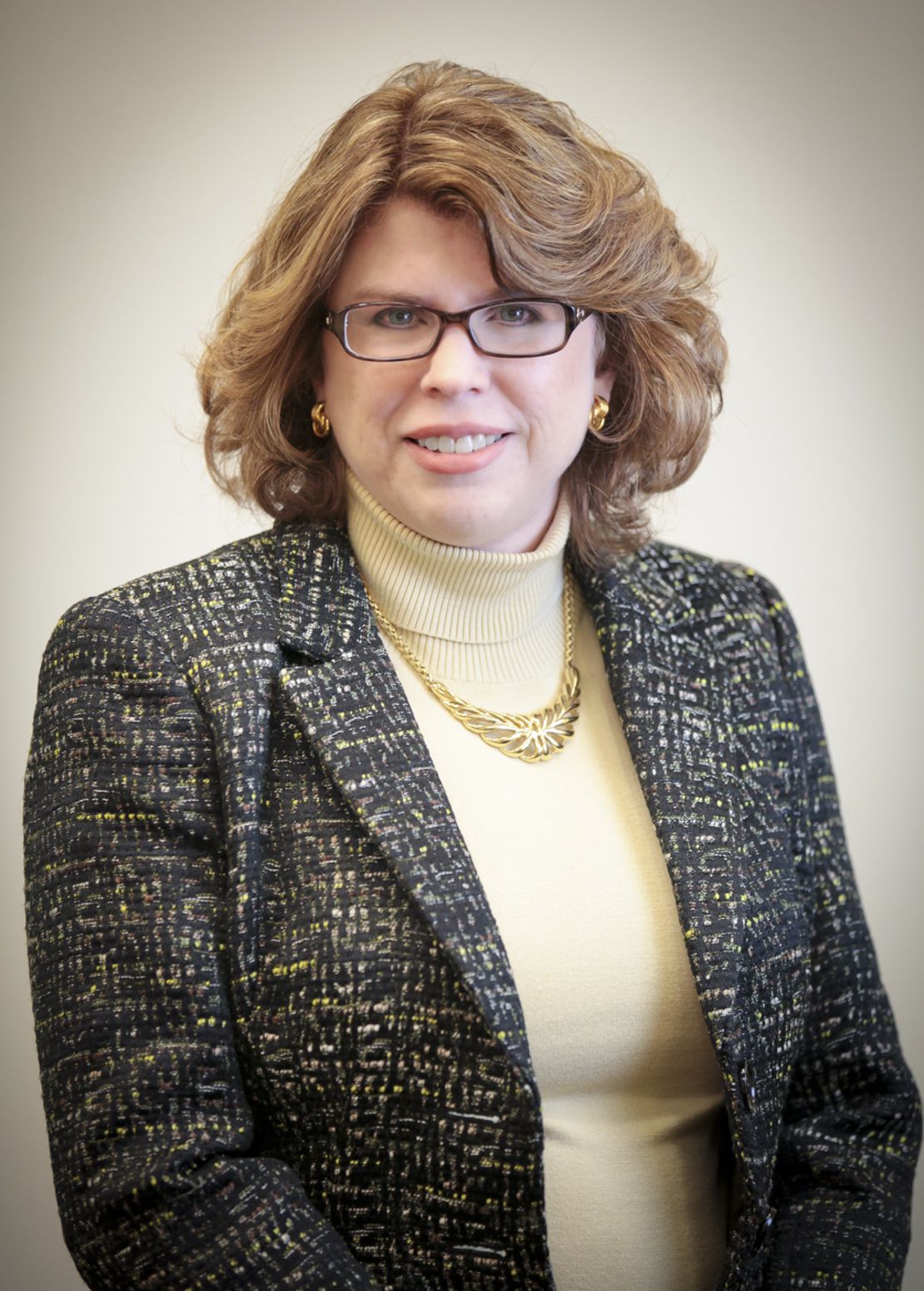Editor’s Note: Anne York is an associate professor of economics at Meredith College.
Story highlights
The most common job for women today is the same as it was in the 1950s: secretary
Anne York: Why have men made few inroads into female-dominated occupations?
She says one reason is that men tie their masculine identity to their jobs
York: As a society, we should encourage men to explore all career fields and options
Women have made impressive gains in male-dominated professions since the 1970s. Yet the most common job for a woman today is the same as it was in the 1950s: a secretary.
In 2011, 96% of all secretaries and administrative assistants were women. In contrast, more than a century ago when few women were in the workplace, an estimated 85% of clerical workers were men. For a variety of reasons, clerical work came to be dominated by women. Once an occupation becomes “feminized,” trends show that men prefer not to enter it.
Perhaps because we have historically fought so hard to join the workforce alongside men, women of my generation received encouragements to enter fields that drew their interests, regardless of the gender composition. For me, the choice was economics. Today, I am among the 33% of U.S. economists who are women.

The Bureau of Labor Statistics reports progress made by women in a range of professions between 1970 and 2011. The percentage of female pharmacists has gone from 12.1 to 55.7; lawyers, from 4.9% to 21. 9%; chemical engineers, from 1.3% to 22.3%; dentists, from 3.5% to 22.2%; and even the clergy reports a change from 2.9% to 17.7%. Women have made gains in some blue-collar occupations, too. In 2011, 19.2% of security guards and 12% of police and sheriff’s patrol officers were women.
There is still plenty of room for growth for women’s participation in many occupations. But the efforts of women’s organizations, the media, educational institutions and families, along with cultural forces, have drastically changed expectations for women in the workplace in the span of a few decades.
Get our free weekly newsletter
However, there is no similar push for young men to explore all career options that appeal to their talents and abilities. As a parent, I would want my son to grow up and be able to consider a broad range of professions, not just ones that are traditionally labeled as suitable or ideal for men. Other parents probably feel the same way.
The data bears out on how few inroads men have made into heavily female-dominated occupations. From 1970 to 2011, the percentage of male registered nurses rose from 2.7 to 8.9; male elementary and middle school teachers, from 16.1% to 18.3%; male dieticians and nutritionists, from 8% to 9.4%; and male preschool and kindergarten teachers, from 2.1% to only 2.3%.
Some female-dominated occupations such as librarians (82.1% in 1970 to 86.2% in 2011) and social workers (63.3% in 1970 to 81.6% in 2011) have become even more female-dominated.
There are several reasons why there are so few men in these areas.
The main argument is that they tend to pay less than male-dominated occupations. Society still expects men to earn enough to support a family. However, many male-dominated jobs, including groundskeepers and janitors, do not pay high wages either. Working couples are increasingly being supported by women’s contributions to the family income.
In 2009, the wife’s contribution in dual-income families had risen to 37% of the household income. Approximately 38% of wives were out-earning their spouses, including wives who were the sole earner in a family.
Of the top 10 occupations projected to grow in jobs in this decade, half are female-dominated. Men have more to lose financially by not considering them as an option.
Then there’s the issue of masculinity. Audiences surely laughed as Ben Stiller’s nurse character was mocked in the “Meet the Parents” movie and sequels. Some men feel their masculine identity is very much tied to their jobs. As a society, we need to do more to wipe away these outdated and harmful preconceptions.
Men need not behave in feminine ways, as Hollywood insists in the way it portrays occupational crossovers in movies. Instead, we should appreciate more “male perspective” in female-dominated jobs, like the way we have embraced previously male-dominated jobs that over time became more gender balanced.
More than ever, our society sees the advantages of workplaces that are racially and ethnically diverse. When it comes to gender diversity, we can do more to promote it. It is my hope that just as girls of my generation were free to choose their own careers, regardless of the barriers of entry in terms of gender imbalance, that my son’s generation will experience the same kind of liberation.
Follow @CNNOpinion on Twitter.
Join us at Facebook/CNNOpinion.
The opinions expressed in this commentary are solely those of Anne York.
